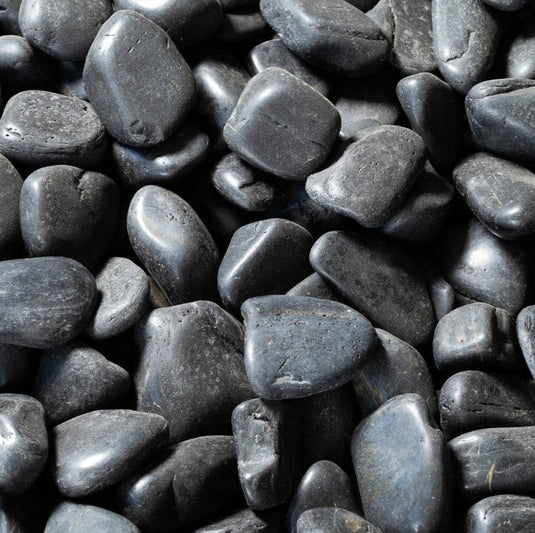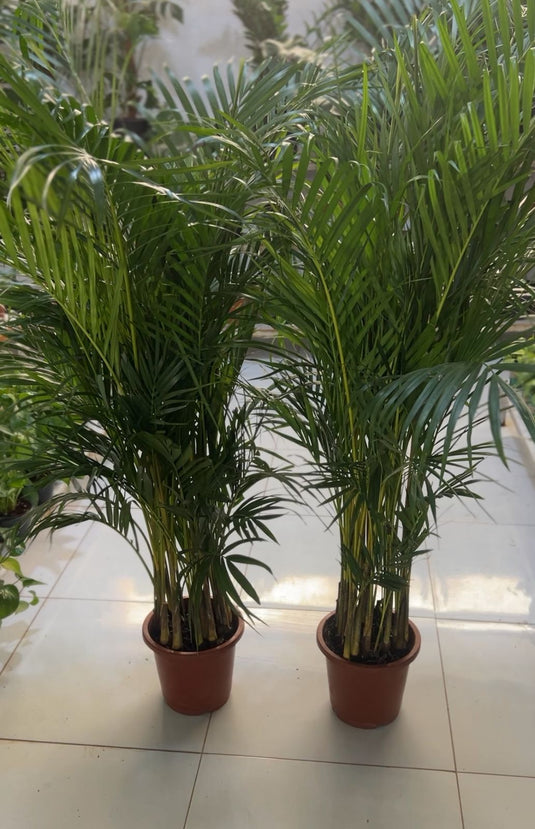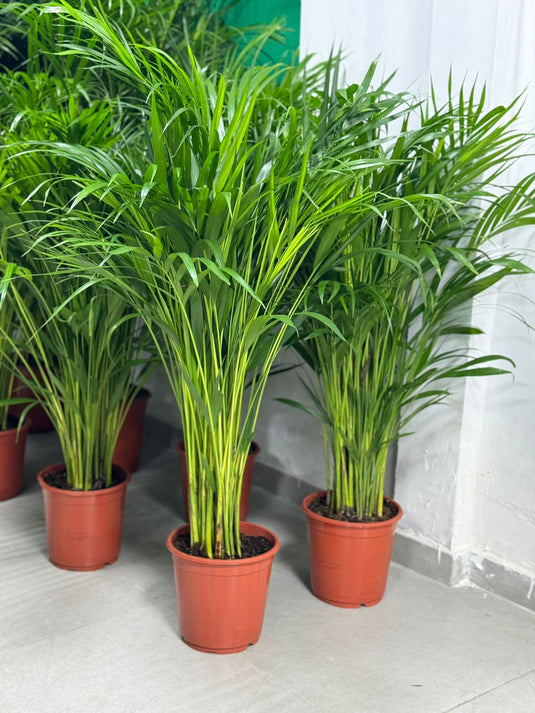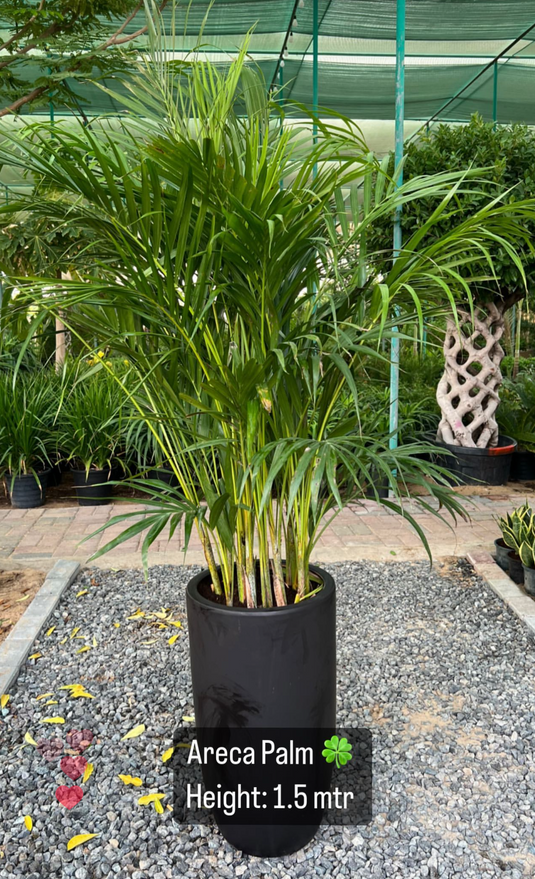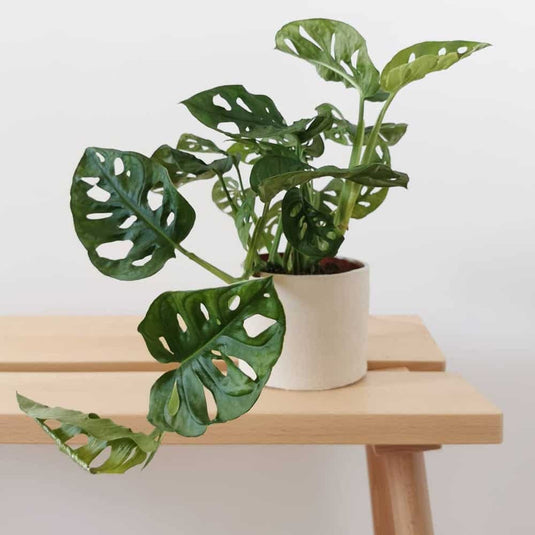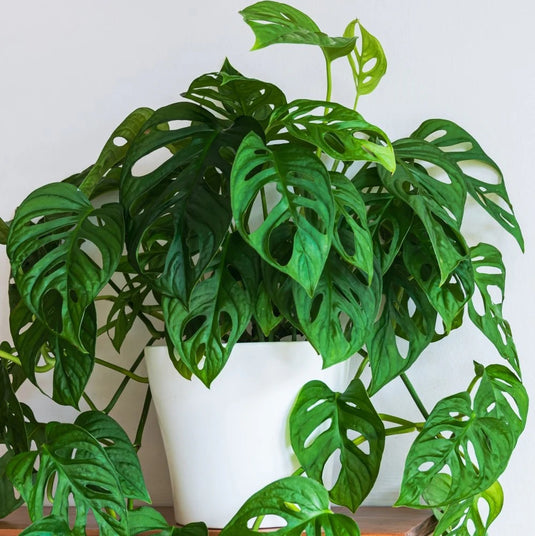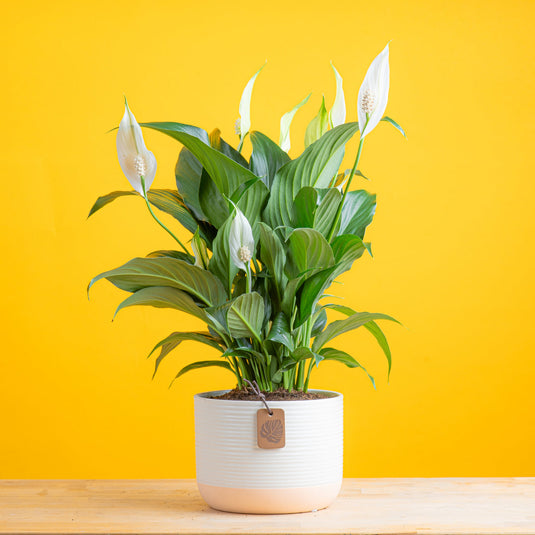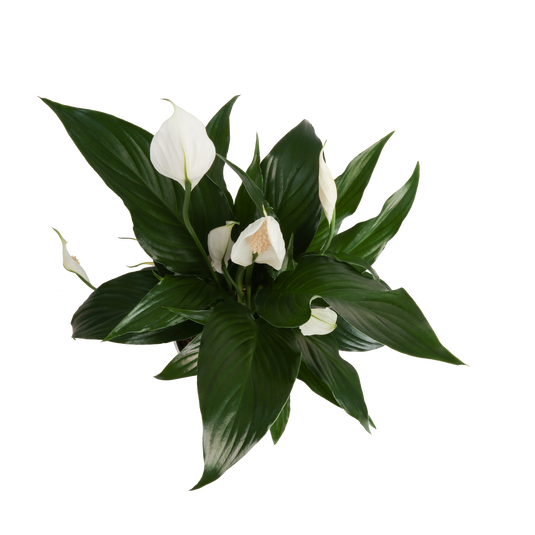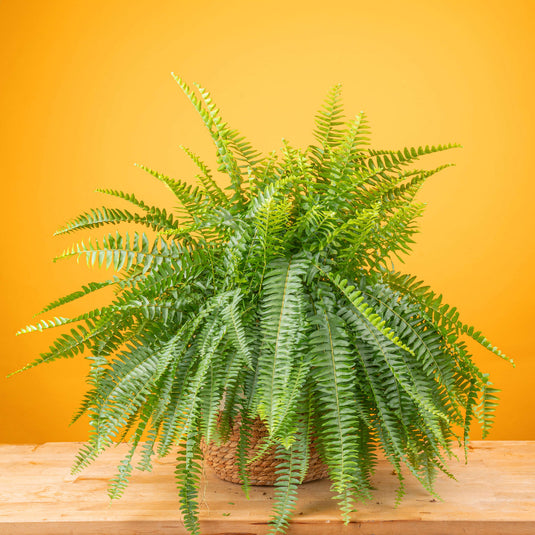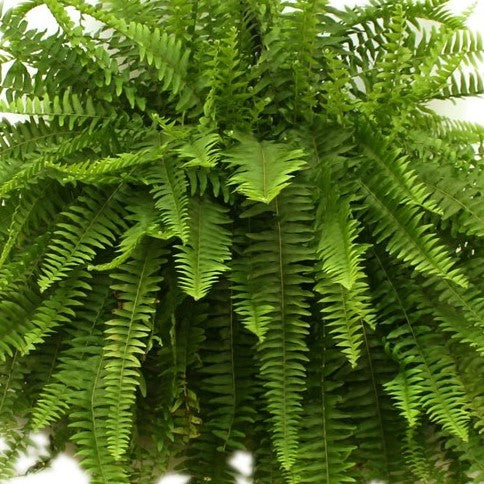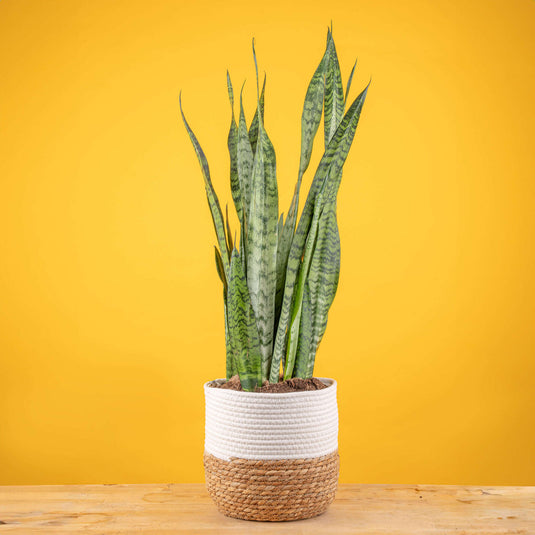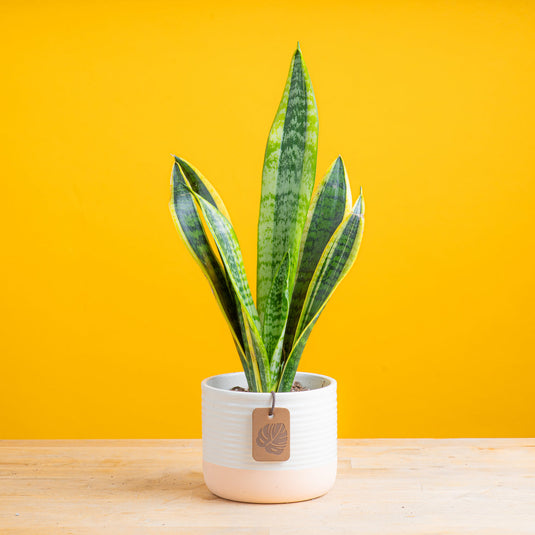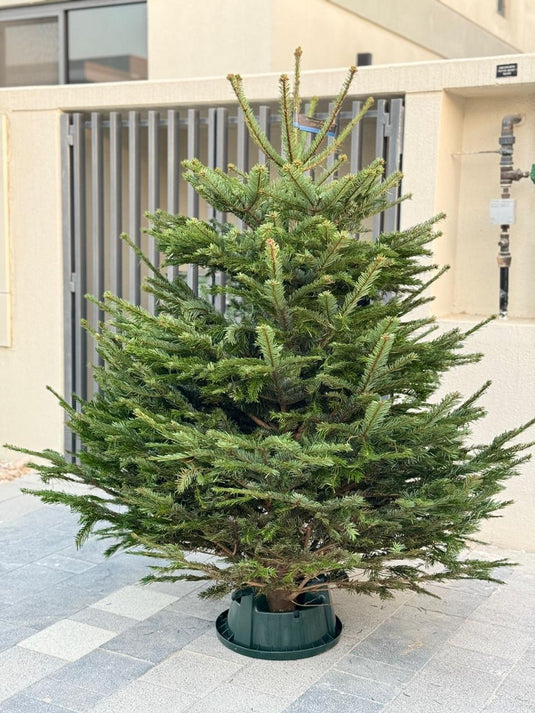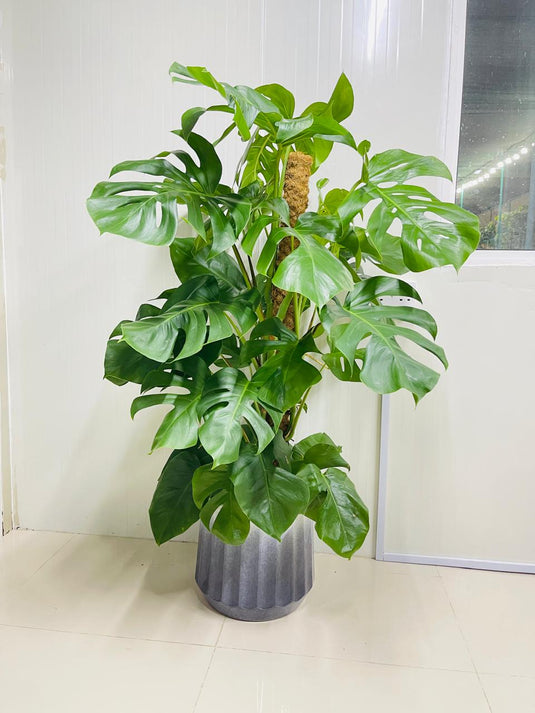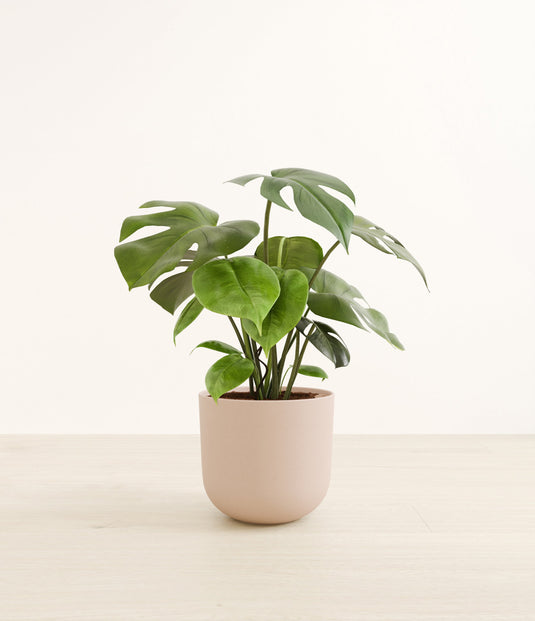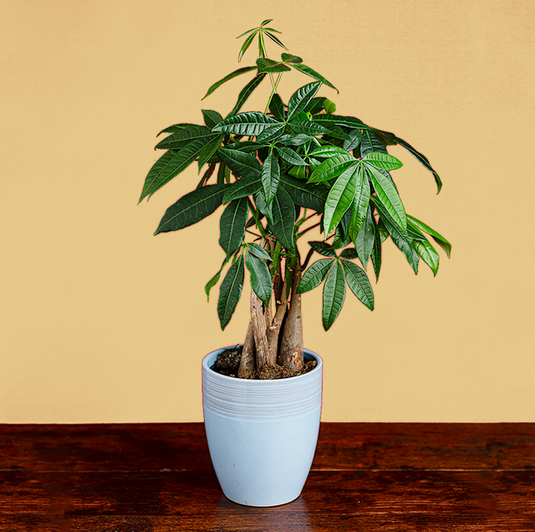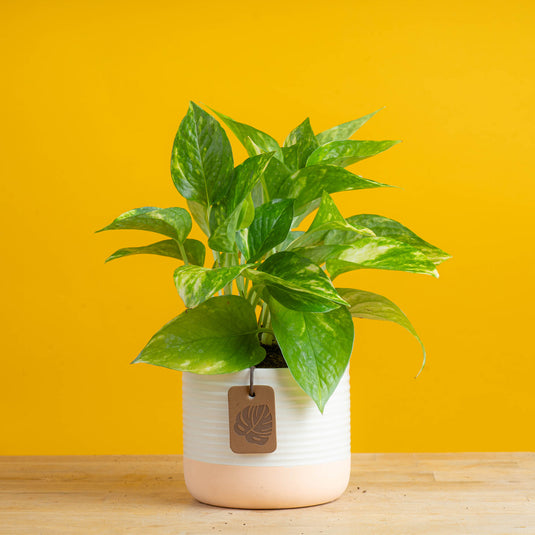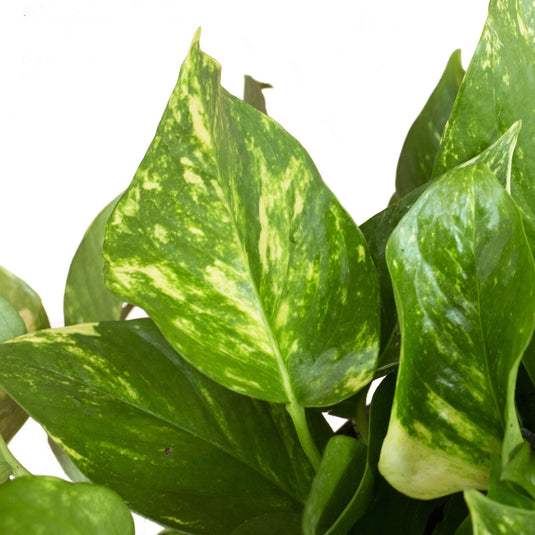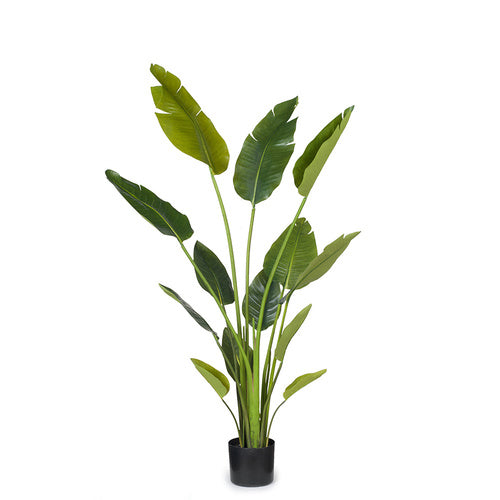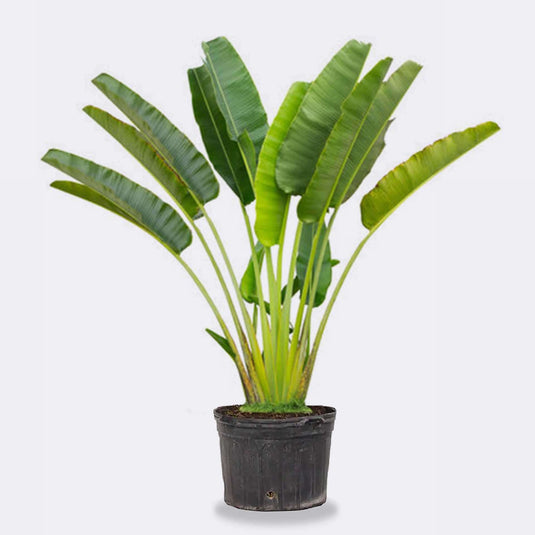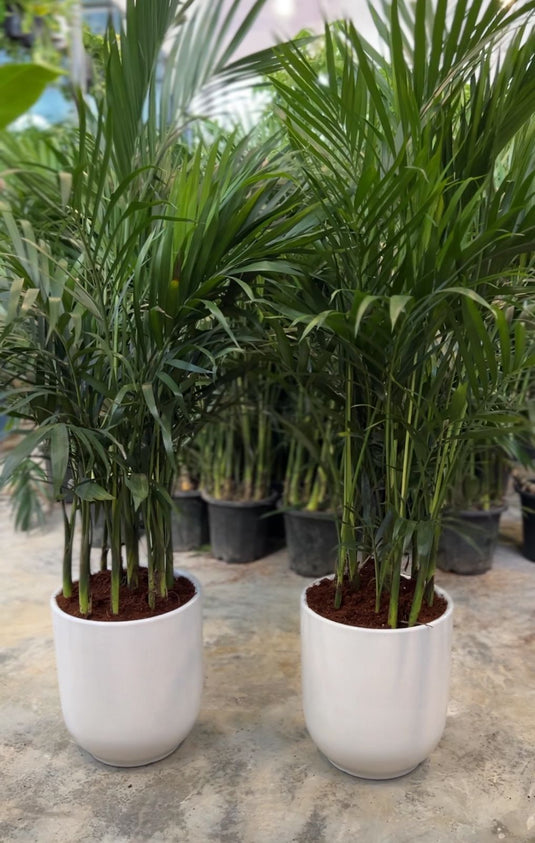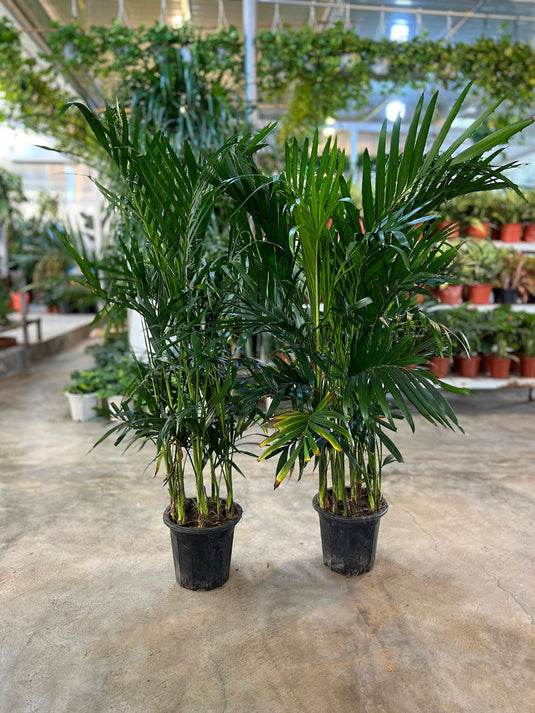Black Pebbles
- Healthy Arrival Guarantee
- Free Plant Care Consultation
- Safe & Secure Payment

We will send you a notification as soon as this product is available again.
-
Estimated delivery: Dec 07 - Dec 11
-
Free return within 7 days of purchase.
Plant Description
Black pebbles are small, rounded stones that are primarily black or dark in color, often used in landscaping, decorative features, and construction applications. The global market for decorative stones, including black pebbles, is projected to reach USD 66 billion by 2030.
5 best Benefits of Black Pebbles
1. Aesthetic Appeal
Black pebbles provide a sleek and modern look that enhances the visual appeal of gardens and outdoor spaces. Research by the University of Florida suggests that dark stones create a striking contrast with greenery, elevating overall landscape design.
2. Versatility in Applications
Black pebbles can be used in various applications, including pathways, water features, and as ground cover. According to the National Association of Home Builders, the versatility of materials plays a critical role in homeowner satisfaction.
3. Excellent Drainage Properties
Black pebbles promote effective drainage, reducing water pooling and promoting healthy soil conditions. A study by the American Society of Civil Engineers highlights that using pebbles in landscaping can significantly enhance drainage efficiency.
4. Low Maintenance Requirements
Black pebbles require minimal upkeep, allowing homeowners to maintain a beautiful landscape without extensive effort. The University of California found that low-maintenance materials are increasingly favored by property owners.
5. Eco-Friendly Option
Black pebbles are a natural product that supports environmentally friendly landscaping practices. Research indicates that using natural stones can contribute to sustainable garden ecosystems and improve biodiversity.
Disadvantages
· While black pebbles offer a striking appearance, they may experience gradual color changes over time.
· Black pebbles can absorb heat, which may influence the temperature of surrounding soil and plants during hot weather.
· Black pebbles may not provide the same level of cushioning as softer materials for certain landscaping uses.
· Debris and dirt may be more noticeable on black pebbles, which may require occasional cleaning.
· The density of black pebbles can make installation and transportation more labor-intensive.
Frequently Asked Questions
1. Are black pebbles environmentally friendly?
Yes, black pebbles are a natural material that supports sustainable landscaping practices.
2. Can I use black pebbles in water features?
Yes, black pebbles are suitable for use in water features, enhancing their visual appeal.
3. Will black pebbles attract pests?
No, black pebbles do not attract pests, making them a safe choice for gardens.
4. Is it easy to install black pebbles?
Yes, black pebbles are relatively easy to install, though careful planning is important for best results.
5. Do black pebbles retain heat?
Yes, black pebbles can absorb heat, which may affect nearby plant health during hot weather.
Final Verdict: Should I Buy Black Pebbles?
Yes, purchasing black pebbles is a smart investment due to their aesthetic appeal, versatility, and low maintenance requirements, supported by various studies on landscaping materials.
Plant Care
Watering
Water your plant once a week or when the soil starts to feel slightly dry on the surface. Keep the soil consistently moist, but be careful not to overwater, as this can cause brown spots and leaf drop. If the leaves become curly or dry, it's a sign that the plant needs water. It's best to water your plant in the early morning or late evening when the temperatures are cooler. Always check the soil before watering.
Light
Provide bright indoor light or indirect sunlight for about 6 to 8 hours a day.
Temperature
Maintain temperatures between 18°C and 24°C. Avoid exposing the plant to drafts, as these can cause undesirable temperature fluctuations. Mist the plant occasionally, about twice a week, to help maintain optimal humidity levels.
Fertilizer
Apply liquid fertiliser every 15 days when the plant is actively growing. For best results, use Folikraft ready-to-use Indoor Plant Food.
